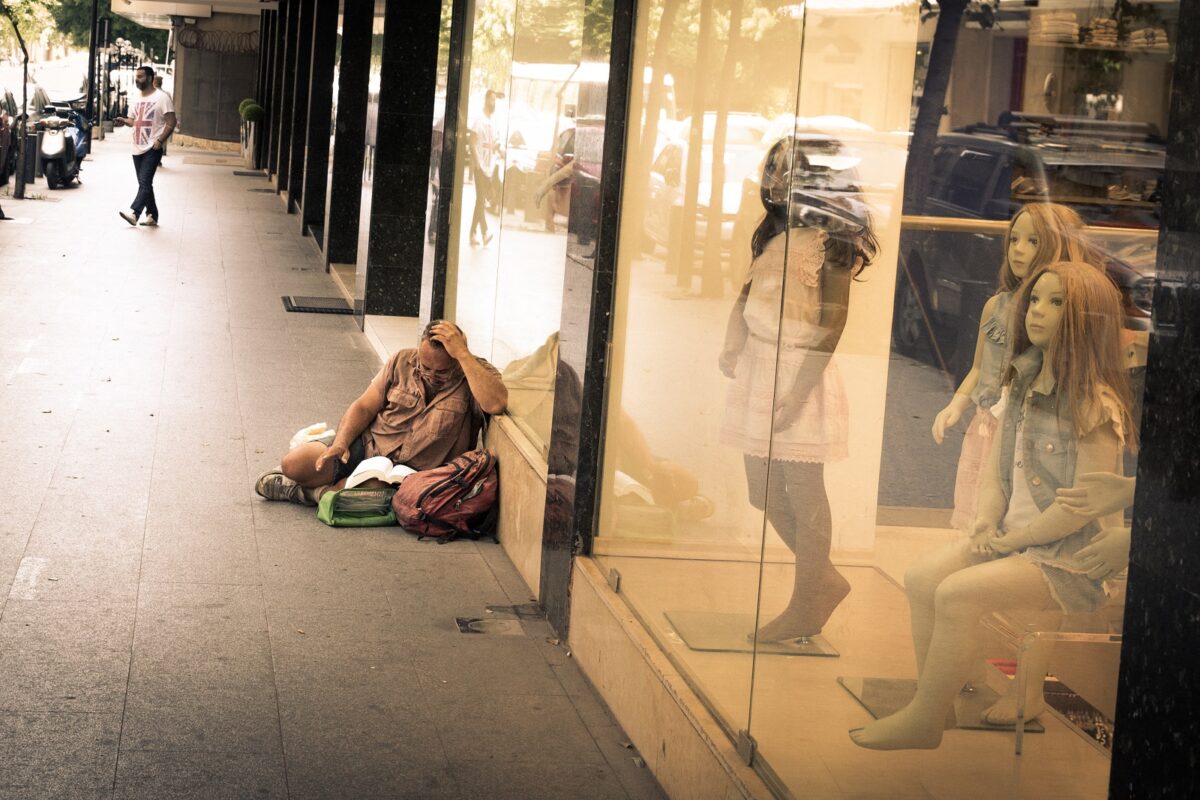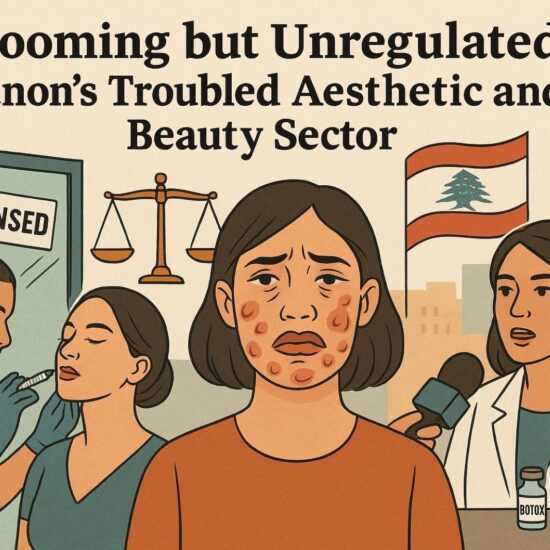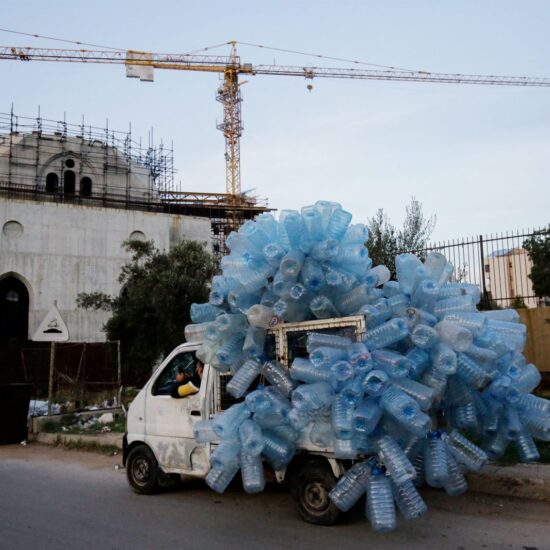
Lebanon has been facing an economic crisis characterized by high unemployment rates, inflation, and a depreciating currency. This has led to widespread poverty and an inability for many individuals and families to afford housing.
The cost of living in Lebanon, particularly in urban areas like Beirut, has risen sharply in recent years, making it difficult for many people to find affordable housing. The lack of rent control measures further exacerbates this issue.
“In Lebanon, especially after the crisis in 2019, the number of displaced people has increased, due to several factors, including poverty, unemployment, and drug addiction along with domestic violence,” Khaled Halabi, lecturer in social policy and sciences at BAU explained to NOW.
According to Khaled, the lack of stable governance has made it difficult to implement effective policies to address homelessness.
“Limited resources are often not allocated efficiently, and there is a lack of transparency in how funds are used for housing initiatives,” said Khaled.
Throughout most cities in Lebanon, several homeless individuals and beggars are living without shelter each day. Located near the busy junction, known as “Cola”, an essential location that marks the transportation and meeting points of trips over Lebanon, these individuals sprawl on the street surrounded by cardboard materials, seeking cover from the heat or the rain. Carrying whichever possessions they have, they all attempt to border and mark their personal space for sitting and sleeping.
Numerous individuals have stories of seeking safe haven after leaving negative situations. These accounts include women who have fled abusive husbands and now reside on the streets to avoid them, as well as a homeless youth who found sanctuary under the protection of a bridge after escaping abuse from their stepfather’s house. There are also plenty of elderly people who refuse to depend on their children and be a burden in such economic conditions.
Ahmad Taleb, 64-year-old who used to work as a gardener and natoor for a private villa in the district of Saida before he lost his job overnight as the owners sold their property and land and fled Lebanon. He found himself with no house, no job, and no salary.
“I’ve been looking for months and months, but I eventually gave up and ended up living on the streets and begging, or selling tissues and gum some days as I had nowhere to go,” Ahmad said.
“I cannot be a burden on either of my two daughters, who are just making it through each month,” he added.
With rent being pricey and jobs being limited for individuals like his age, many resemble the story of Ahmad, who found himself homeless and living on the streets by begging or receiving help from bypassers.
In Lebanon, domestic violence remains a pervasive issue, affecting countless women, and for many, escaping abusive households means facing the harsh reality of homelessness.
For women who do manage to leave abusive homes, the path to rebuilding their lives can be incredibly difficult.
For Khaled, the lack of affordable housing options and supportive services leaves many women vulnerable to homelessness. Without a safe place to go, they may find themselves sleeping on the streets or seeking shelter in unsafe environments.
Some organizations play a crucial role in providing essential services and support to homeless individuals and families in Lebanon. They rely on donations, volunteers, and partnerships to carry out their work and positively impact the lives of those in need.
“As an NGO worker focusing on assisting homeless individuals in Lebanon, I’ve encountered heartbreaking situations daily. One recent experience that deeply affected me was meeting a young woman, Sara, who found herself living on the streets of Beirut after she ran away from her abusive husband in the Bekaa region,” a spokesperson who works with Arcenciel told NOW.
Arcenciel is a Lebanese NGO that empowers marginalized communities and promotes social inclusion. They run several programs to support homeless individuals, including shelters, vocational training, and rehabilitation services.
Sara’s story is, unfortunately, not uncommon in Lebanon. With no family or friends to turn to, she slept in abandoned buildings and sought shelter under bridges before she received help from the NGO.
What are the solutions?
Addressing homelessness in Lebanon requires a comprehensive and multi-faceted approach that addresses the underlying economic, social, and political factors contributing to the issue. It will require strong political will, effective governance, and collaboration between government agencies, civil society organizations, and the international community.
For the experts interviewed in this piece, implementing affordable housing programs and rent control measures is one of the crucial measures as it can help make housing more accessible to low-income individuals and families.
“Strengthening social safety nets, such as welfare programs and food assistance initiatives, can provide temporary relief to those experiencing homelessness while also addressing underlying issues of poverty and inequality,” Khaled explained to NOW.
Fostering collaboration between government agencies, NGOs, civil society organizations, can develop comprehensive and long-term solutions to homelessness.
FoodBlessed, a hunger-relief and food-rescue NGO partners with shelters, NGOs, and other organizations that provide services to homeless populations to ensure that their food donations reach those in need effectively.
“By collaborating with existing support networks, FoodBlessed maximizes the impact of food redistribution efforts and ensures that homeless individuals have access to meals,” Maya Terro, co-founder of FoodBlessed told NOW.
According to Maya, these meals are prepared using rescued food items and distributed at designated locations or through outreach initiatives targeting areas with high concentrations of homelessness.
Such NGOs are playing a vital role in filling the gaps left by the government, particularly in areas such as social services and humanitarian aid.
Rodayna Raydan is a Lebanese-British journalist. You can follow her on Twitter @Rodayna_462
The views in this story reflect those of the author alone and do not necessarily reflect the beliefs of NOW.








